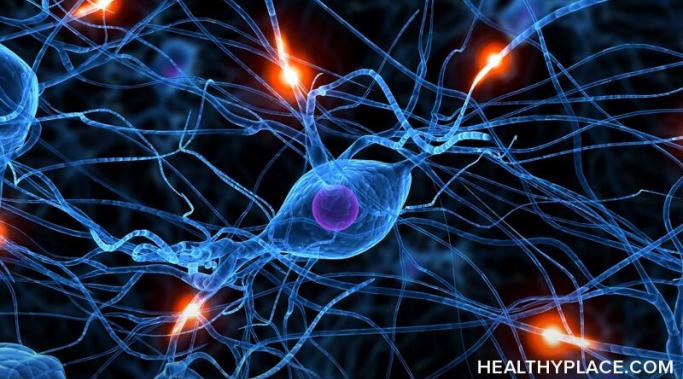Making time for self-care is necessary, although it has never been at the top of my list of priorities. I'm a wife and mom, I run my own small business, and I'm often so consumed by things like potty training or launching a new product that taking time for self-care sounds ridiculous. Why would I take the time to do my skincare routine at night when I could get an extra three minutes of sleep? Why would I exercise for half an hour when I could be using that time to catch up on emails? For a long time, self-care has lived at the bottom of my to-do list, constantly shuffled around and ignored.
Embracing Mental Health Recovery
I love validation. I need it so much all the time, and sometimes I lose sight of the bigger picture. I stop seeing it as part of my healing and recovery, and I start seeing it as the end goal—the destination. Really, validation is a journey; it's something that's always ongoing, and I will never reach a point where I feel fully, 100 percent, in a way that will never fade or waver. Plus, even though validation is an essential aspect of healing, it is not the same thing as healing.
Recovering from depression is tricky because depression is a chronic illness that can't be fully cured, so sometimes it's hard to tell whether you're getting better or not. There are countless articles detailing the signs that you have depression, but I wanted to create an article explaining the signs that you're recovering from depression. This is what recovery has looked like for me so far.
Polyvagal theory has become an integral part of my healing journey as I learn to accept and cope with my trauma. But what is polyvagal theory? Let's talk about it.
At the beginning of 2021, I started a new form of self-care: using tarot cards for recovery. Specifically, I am learning how to read tarot cards to help me heal from the effects of childhood trauma. I don't necessarily believe that tarot cards can tell the future, but I do believe that interpreting tarot cards requires a strong sense of intuition, and that's what I hope to build by using tarot cards for recovery.
This month, I've had some serious challenges with my mental health, but I've responded to these challenges in much healthier ways than I have in the past, which means I am celebrating small recovery wins. Even if these things might not seem worth celebrating to others, I know that for me, they are a big deal, and I'm going to treat them that way.
I've come up with many different mantras for recovery in the past few years, and even though it might feel like they're just words, I've noticed that they actually make a huge difference in how I feel about myself and my recovery journey. Today I want to share some of those mantras with you, and I hope at least one of them strikes a chord with you. If you find one you like, try repeating it to yourself any time your recovery is challenged, or even just when you get up in the morning and go to bed at night. These mantras for recovery are now yours; use them however you need.
For most of my childhood, I used reading to cope with trauma. This might not sound like a bad thing, and it wasn't entirely, but it came with a couple of big problems. Coping mechanisms develop as a way for us to protect ourselves, to survive despite threats to our wellbeing or identity. However, these coping mechanisms can get in the way of real connection.
If you're finding yourself needing more rest -- taking more naps or going to bed earlier than you used to ever since you started your journey toward recovery -- don't worry. It's normal. The truth is, most people need more rest in recovery because emotional work is hard work, and it tires us out.
Recently, my therapist suggested that I look into how to use emotional freedom technique (EFT) tapping in recovery to see if it was something I might be interested in trying. Now, it's one of my favorite coping techniques and I think it's going to make a big difference in my trauma work. If you haven't heard of EFT tapping, it involves tapping on specific points while speaking phrases of acceptance.









